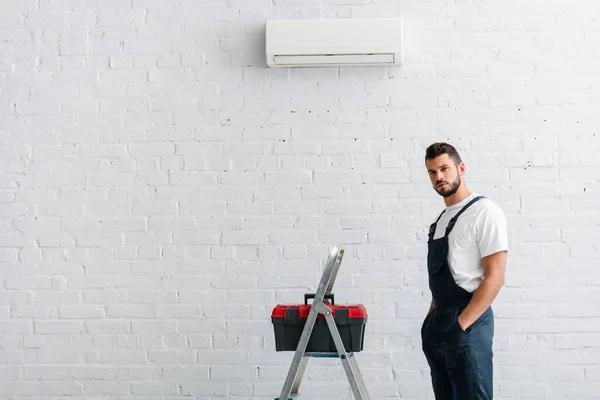The design, installation, and maintenance of Heating, Ventilation, and Air Conditioning (HVAC) systems present a unique set of challenges. These complex systems require careful planning to ensure optimal performance, energy efficiency and comfort. The intricacies involved in HVAC installations can be overwhelming for the uninitiated; however, experts in the field have developed strategies to overcome these obstacles.
One primary challenge is designing an HVAC system that is appropriately sized for the building it will serve. Oversized or undersized systems can lead to inefficiency, increased energy costs and decreased lifespan of the equipment. To address this issue, HVAC professionals perform detailed load calculations considering factors such as square footage, insulation levels, window size and orientation among others.
Another common hurdle is dealing with space constraints especially in older buildings or renovations where ductwork may not have been part of the original design. Experts tackle this by creating custom solutions such as using flexible ducts or mini-split systems that do not require extensive ductwork. They also strategically place components to minimize noise and vibration while ensuring easy access for future maintenance.
Integration with existing infrastructure presents another significant challenge during hvac companies near me installations. This includes electrical systems, plumbing lines and structural elements like beams or walls which cannot be altered without compromising building integrity. Professionals use advanced software tools for accurate mapping of these elements which allows them to plan efficient routes for conduits and piping avoiding any potential clashes.
Maintaining indoor air quality (IAQ) during installation can also be challenging due to dust generation from construction activities or new materials off-gassing volatile organic compounds (VOCs). Experts mitigate this by isolating work areas using plastic sheeting barriers combined with negative air pressure machines that filter out particulates before discharging air outside.
Lastly but importantly are regulatory challenges stemming from evolving building codes aimed at improving energy efficiency standards in response to climate change concerns. These regulations often necessitate specific equipment types or installation methods which can add complexity to projects. HVAC professionals stay abreast of these changes through continuous training and by working closely with manufacturers who develop products compliant with the latest codes.
In conclusion, while HVAC installation presents numerous challenges, experts in this field employ a variety of strategies to overcome them. They leverage their technical knowledge, use advanced tools and adhere to industry best practices ensuring that the systems they install are efficient, durable and able to provide optimal comfort for occupants. The result is a seamless integration of complex systems into our homes and workplaces enhancing our daily lives without us even noticing it.
Evans Heating & Cooling
1232 Rose St B, Elgin, SC 29045
803-438-1902



